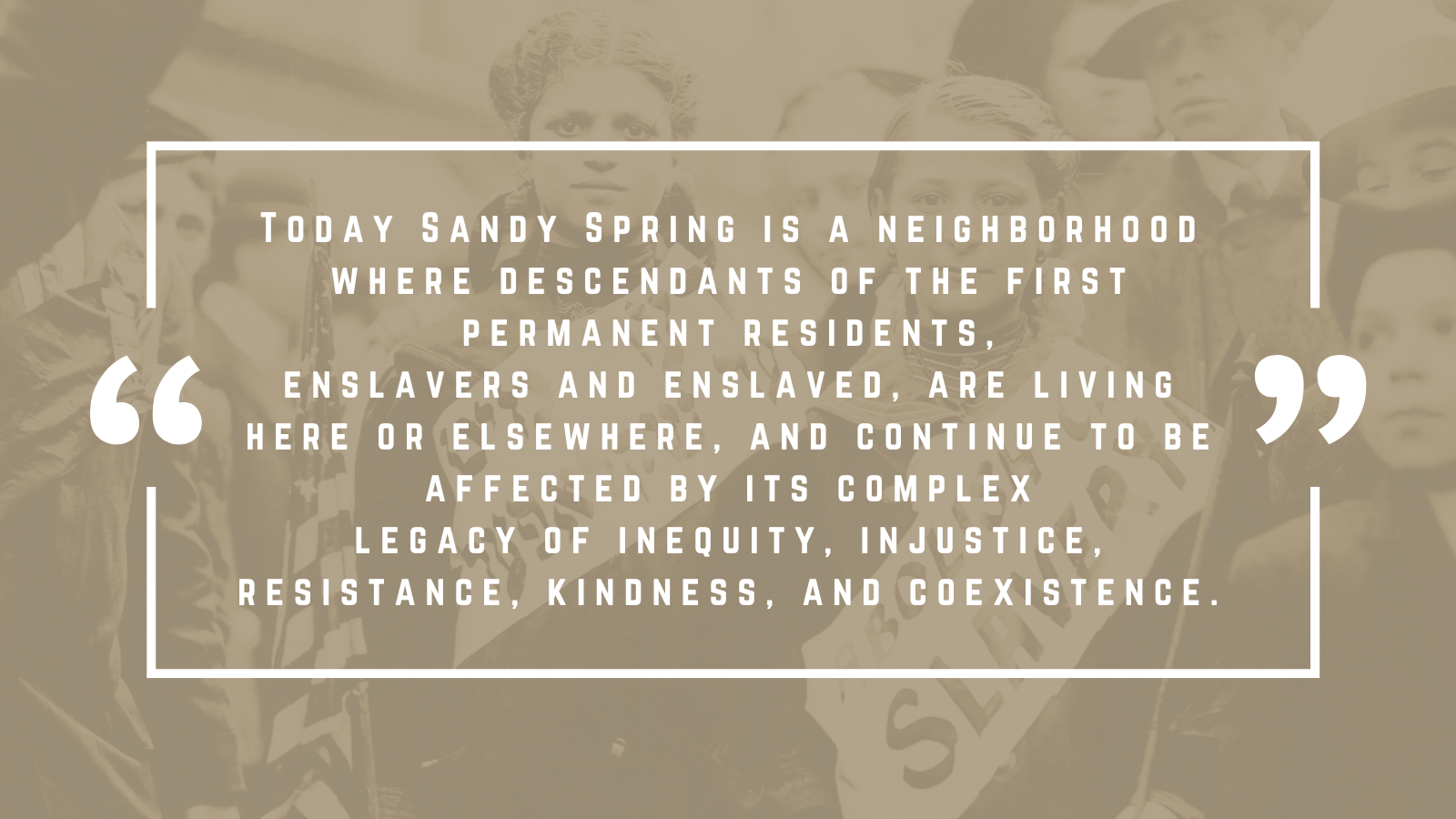Reparations Working Group
The Reparations Working Group at Sandy Spring Friends Meeting was established in Fall 2024 and is under the care of the Peace Committee. Reparations is a process of repairing historic harms against non-white communities, of restorative justice and peacemaking, building relationships, sharing resources, and continuing to learn with openness and curiosity. Quaker Harold Weaver offers guidance for reparative actions to Quakers of European descent: we are to educate ourselves, make the commitment to the ongoing process, make a formal acknowledgment of harms, memorialize the acknowledgment, commit to truth telling, and make amends. The working group started as an informal group for studying, teaching, and prayerfully considering guidance on reparations-related topics. A learning and worship-sharing session on reparations was offered to the Meeting in Spring 2024 as part of a four-part series on committing to antiracist work called Beyond Acknowledgment.
Peace Committee Minute Sponsoring Reparations Working Group
To read the minute of support from Sandy Spring Friends Meeting’s Peace Committee establishing the Reparations Working Group, click the button below. This minute was approved at Meeting for Worship with a Concern for Business, Twelfth Month 2024.
Process of Reparations at Sandy Spring Friends Meeting Reality-Grief-Hope
To read a brief history of Sandy Spring Friends Meeting’s engagement with racial justice and reparations action, from Baltimore Yearly Meeting’s call for Meetings to read Michelle Alexander’s The New Jim Crow in 2013 to Sandy Spring’s most recent activities in 2026, click the button below.
Formal Acknowledgments of Sandy Spring Friends Meeting’s Relationship with Chattel Slavery
To read Sandy Spring Friends Meeting’s formal acknowledgments of our relationship with chattel slavery (brief and longer versions), click the buttons below. These statements were approved at Meeting for Worship with a Concern for Business, First Month 2026.
Reparations Tutorials
In the first tutorial, Marcy begins by sharing excerpts from the document approved by 500 Friends, from the 2024 gathering of Friends World Committee on Consultation (FWCC). She offers her hopeful experience facilitating and witnessing transformations with restorative justice conversations. She offers essentials to keep in mind for reparations work. There are definitions for restorative justice, reparations, and reparative actions; the United Nations process of reparations includes restitution, compensation, rehabilitation, and satisfaction. Marcy elaborates on her list of our resistances to reparations. She describes steps in the process of reparations from Harold Weaver and Peter Jarrett-Schell. To read the tutorial for this session, CLICK HERE.
In the second tutorial, Marcy has us repeat the excerpts from the document of the 2024 FWCC gathering, and the Essentials to Keep in Mind, from the first tutorial. She highlights current reparations initiatives: Manumissions 339; Prince Edward County, Virginia; Tulsa, Oklahoma; the state of California; restoration and protection of Scotland AME Zion Church in Montgomery County, Maryland; and the 10-year Reparations Fund of Greene Street Friends Meeting, Philadelphia. Marcy has us look in depth at steps to begin the process of repair within the Religious Society of Friends, and steps to take in our wider communities. To read the tutorial for this session, CLICK HERE.
What are we as a Meeting community to acknowledge?
Coleman Bazelon reviewed his research with the Brattle Group on the Quantification of Reparations for Transatlantic Chattel Slavery, both during the Period of Enslavement and the Period of Post-Enslavement. He gave an illustrative example of financial reparations due a woman born into slavery in Montgomery County in 1750.
Tom Farquhar shared the history of the first generations of Sandy Spring Quakers, including Richard Snowden. Snowden was a Quaker enslaver at his ironworks on the Patuxent River near Laurel, MD. Snowden also dealt in the lucrative chattel slave trade. Manumission of slaves by Sandy Spring Quakers led to several free Black communities in Sandy Spring as early as the late 1700’s.
Pat Powers gave a richly detailed history of our relationship with indigenous peoples, locally and nationally, and she gave us ten reparative actions to take now!

